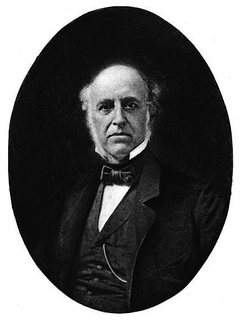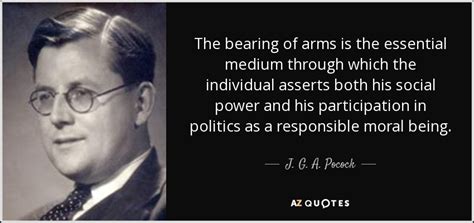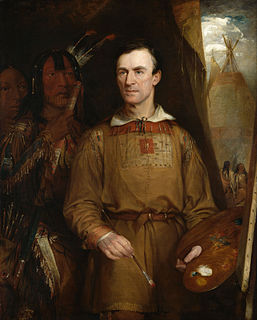A Quote by Thomas Bulfinch
The word knight, which originally meant boy or servant, was particularly applied to a young man after he was admitted to the privilege of bearing arms.
Related Quotes
Man ever talks, and Man ever dreams Of better days that are yet to be, After glittering goal, that distant gleams, Running and racing untiringly. The worldly may grow old and young as it will, But the Hope of man is Improvement still. Hope bears him into life in her arms, She flutters around the boy's young bloom, The soul of youth with her magic warms, Nor rests with age in the silent tomb; For ends man his weary course at the grave, There plants he Hope o'er his ashes to wave.
We seem to have forgotten that the expression "a liberal education" originally meant among the Romans one worthy of free men; while the learning of trades and professions by which to get your livelihood merely, was considered worthy of slaves only. But taking a hint from the word, I would go a step further and say, that it is not the man of wealth and leisure simply, though devoted to art, or science, or literature, who, in a true sense, is liberally educated, but only the earnest and free man.
In America, we then made a commitment, particularly after World War II with the GI Bill, to massively expand our commitment to college education, and that meant we had more engineers and we had more scientists and that meant we had better technology, which meant that we were more productive and we could succeed in the global marketplace.
I am sure," cried Catherine, "I did not mean to say anything wrong; but it is a nice book, and why should not I call it so?" "Very true," said Henry, "and this is a very nice day, and we are taking a very nice walk, and you are two very nice young ladies. Oh! It is a very nice word indeed! It does for everything. Originally perhaps it was applied only to express neatness, propriety, delicacy, or refinement—people were nice in their dress, in their sentiments, or their choice. But now every commendation on every subject is comprised in that one word.





































